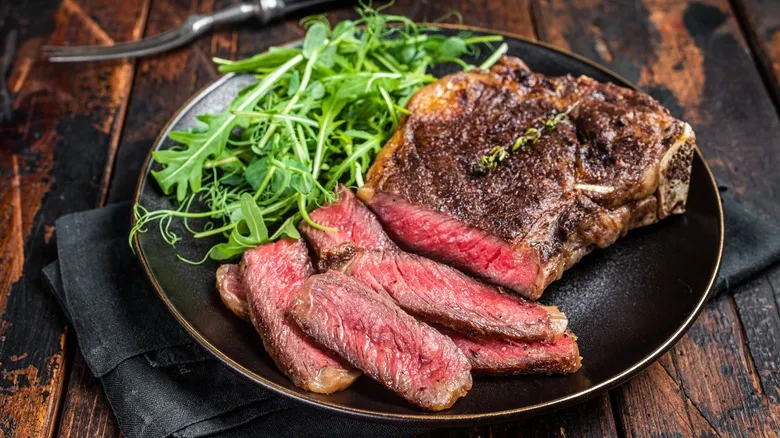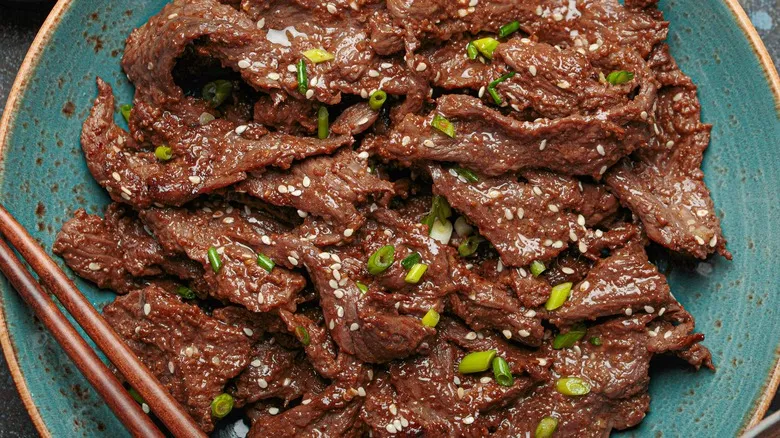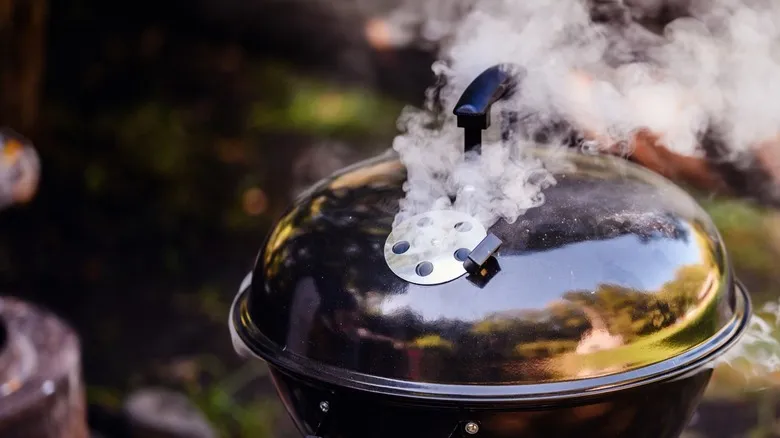Making your bulgogi marinade

When it comes to BBQ sauces, the marinade for bulgogi plays a crucial role, as it introduces a complex array of flavors. While Shim is understandably tight-lipped about his secret ingredients, he emphasizes the significance of using pears: "Fresh pears are superior to pear juice, and if you can find Asian pears, that's even better." A standard bulgogi marinade typically consists of soy sauce, brown sugar, garlic, ginger, and sesame oil, with sweet fruits like pears or apples complementing the salty and savory notes from the other components. Unlike European pears, Asian pears are round and crunchy, often referred to as "apple pears" due to their texture, but they are notably sweeter.
Maintaining a harmonious balance of flavors is essential, as Shim points out that the sauce should neither be overly salty nor excessively sweet: "I prefer to marinate mine for at least six to eight hours, or even overnight. If the flavors are off-balance (too salty or too sweet), it will become apparent after this duration." To prevent dishes from becoming too salty, it can be helpful to taste the sauce beforehand, and a splash of lime juice can often provide enough acidity to counteract excessive saltiness. When executed properly, the flavors meld beautifully.
Recommended

This Butter Hack Will Save You From Ever Having Dry Burgers Again

The Best Grill Temperature For Cooking Steaks Is Higher Than You Might Think

Pork Tenderloin Vs. Pork Loin: What's The Difference?

Elevate Your Bratwurst With One Easy Addition
Next up





